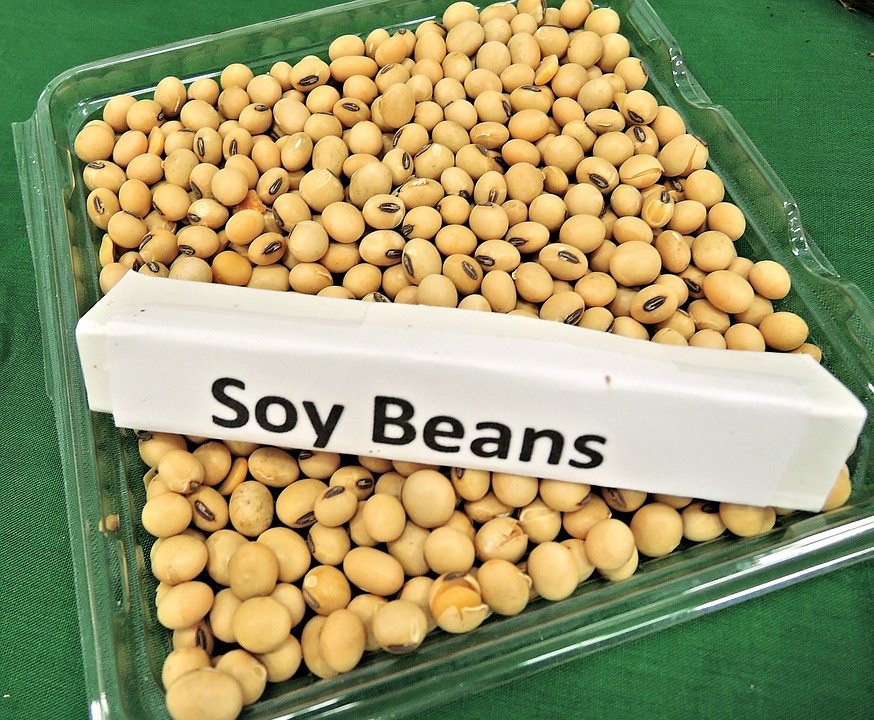
Soy protein has estrogen like properties, and to many of us, it seems logical to avoid the stuff. Men may perhaps fear testosterone lowering or feminizing effects. Women attempting to get pregnant are often told to avoid soy as well, due to potential harm in fertility the protein might exert. There is much online information suggesting this. Here is where things get interesting. Some new discoveries have been made which support protection against infertility in women caused by bisphenol A (BPA). BPA is the chemical we have all heard about which is found in plastic water bottles and Tupperware, and has been shown to increase cancer rate. When BPA shows up in urine for pregnant women, chances of having a live birth become severely reduced…up to 50% reduced!!!
“Both BPA and soy have estrogenic activities. This does not mean, however, that they raise estrogens nor that their estrogenic activity is the only biological effect they can have."
Recently, Harvard scientists had published a study in The Journal of Clinical Endocrinology and Metabolism. They have found that BPA had no impact on fertility in women who regularly consume soy. The conclusion is that soy has mysterious protective benefits, for women at least.
Very interestingly, soy protein in the presence of BPA has a protective effect on the endocrine system, opposite of what we have been told in the past. Scientists have no idea about the underlying mechanism at this point in time, it remains to be discovered. Nevertheless, BPA switches certain genes on and off causing havoc, and soy has been correlated with a protective interference of this process, preventing BPA from harming fertility in women.
“BPA has been shown to have a negative impact on fertility by disrupting the endocrine system, and has estrogen-like properties that can mess with your hormones.”
All in all, this study is enough for me to rethink my stance on soy and look into what kind of evidence there is for endocrine effect in males. While I am not about to go replacing my whey protein and post workout steak with soy, I can foresee allocating a percentage of my protein to soy. I am intrigued at the possibility of health benefits it can have for both men and women. Soy is perhaps worth keeping in mind and reconsidering one’s stance on. Can a diet which incorporates soy be more effective than one relying solely on animal protein?








